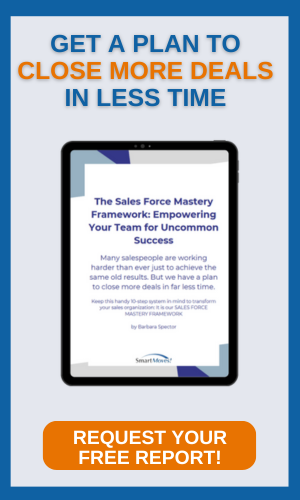Bad hires happen when you don't know what to look for during the interview process.
Author and CEO, LendingOne

I have been interviewing candidates and observing others interview for my businesses for over 40 years.
In a previous Inc article, I talked about how to effectively prepare for an interview. In this article, however, I'd like to break down the interview itself--specifically as the person looking to make a great hire, and what goes into finding that unique individual.
So, setting the stage here, let's assume your company is looking to hire for a specific role and you've selected a few candidates.
Interviewing is both an art and a science. It's also one of the most crucial parts to building an effective business--I talk about the topic at length in my book, All In. And just like anything else in life, you need to practice and refine your skills as an interviewer in order to make the most of your time. Too often, I see managers walk into interviews unprepared, "winging it" and asking vague questions that don't reveal anything noteworthy about the candidate. What good is an in-person interview if you hear them say the same information already written on their resume?
Here are the five things every hiring manager should do when holding an interview. I've found the following to reveal the most about candidates:
1. Ask all of the candidates the same questions.
You'd be surprised how many managers or even other CEOs I see hold back-to-back interviews, asking completely different questions to both candidates. If you're basing the questions on the specific candidates experience, it's unlikely you'll learn whether they can perform the job you've outlined.
Like I said, interviewing is a science--which means, in order to compare your findings, you have to keep at least one variable constant. By asking different candidates different questions, you're removing your ability to weigh them side by side.
2. Keep the questions related to the job they're applying for.
This is a big mistake I notice a lot of hiring managers make.
If the question doesn't relate to the position, or the candidates ability to do the job, then it shouldn't be asked. Period.
An interview is not the time to attempt to make a personal connection. Reason being, that tends to allow the candidate to control the interview, instead of the interviewing extracting the information they need to make an educated and objective decision.
3. The questions you've prepared must include open-ended, closed-ended, and leading questions.
Every interview should involve these three types of questions. An open-ended question requires more than a "Yes" or "No" to answer, and is intended to give the candidate time to think and share a personal experience.
A closed-ended question can be a simple "Yes" or "No."
And a leading question is where, as the interview, you're looking to catch a glimpse into how they think. For example, "I see you've managed a lot of projects in the past. Tell me why that's important to you and why you enjoy it." That's a leading question. Another example would be questions that involve "what if" answers. Again, you want to see how they go about thinking through and verbalizing their own internal thoughts.
4. Don't ask opinion-based questions.
This should be common sense, but you'd be surprised how many hiring managers make this mistake.
Opinion-based questions get you nowhere in interviews. What you're looking to understand is their experience, but more importantly, their behavior. Opinion questions do not do a good job at predicting future behavior (which is essentially what you're banking on when you're hiring someone). Instead, keep your questions objective and aim to understand how they operate, problem solve, and approach their work.
5. Just because they have the education and training, doesn't mean they can do the job.
One of my favorite opening questions to ask a candidate is, "What do you know about our company?"
Reason being, if someone was interviewing to work at my company, LendingOne, it wouldn't take much effort for them to know what we're up to in our industry. This simple question tells me out the gate whether they took the time to prepare, or if they are on just another interview.
But let's say they did their due diligence, and had studied up to the point where they could speak confidently about our company. Let's even say they have a personal interest in our industry, and are already fairly educated on our offerings.
Unfortunately, that doesn't guarantee they can do the job.
One of the hardest things you have to do, as an interviewer, is ask yourself whether the candidate in front of you is right for the role you're looking to fill. I find hiring managers are quick to hire someone they like, or someone they feel is knowledgable about the space, without really asking themselves whether this individual is right for the role itself.
There's a big difference. And part of making great hires is knowing when a great candidate isn't the right fit.





